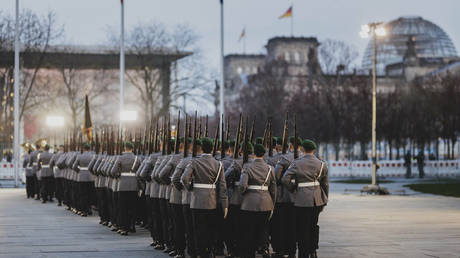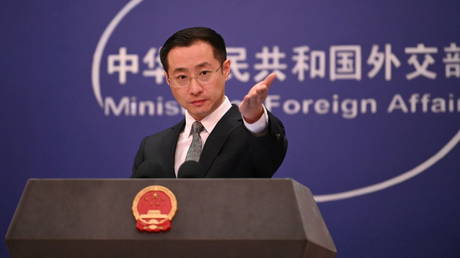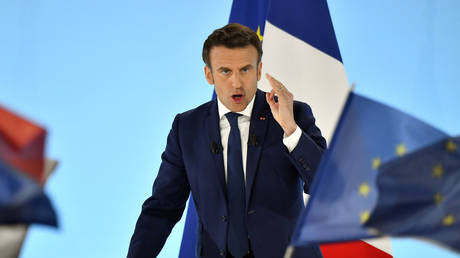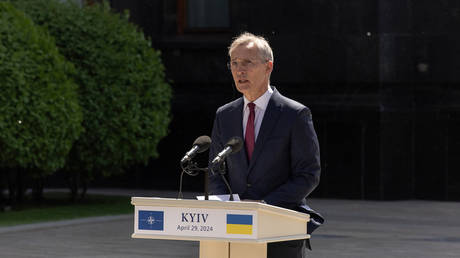
Only 10% of Germans have confidence in the Bundeswehr’s defense capabilities, a fresh survey has shown
A majority of Germans have little to no confidence in their military’s ability to defend the nation in case of attack, according to a new survey. Three quarters of respondents said they don’t believe in the Bundeswehr’s capabilities, with only 10% feeling confident that they would be defended.
As many as 30% of Germans feel “no confidence at all” that the Armed Forces would be able to stand up to a potential adversary, the poll, conducted by the Civey polling company on behalf of Focus magazine, found. Another 45% have “low confidence” in the military, while 15% were undecided. Only 2% said their trust remained “very high” while 8% said it was “rather high.”
In terms of funding, a strong majority (69%) of Germans said their army needed more money, with 64% saying Berlin should spend more than 2% of its GDP on national defense.
Defense Minister Boris Pistorius argued last November that the Bundeswehr needs a thorough upgrade to become “war-capable.” According to the survey, some 73% of Germans agree with Pistorius’ plans, while 64% even backed the re-introduction of compulsory military service that was abolished in 2011.
Despite this, only half as many respondents (32%) said they were personally willing to take up arms and “actively participate in defensive combat operations” if their nation comes under attack. Some 44% said they would never take up arms under any circumstances.
Germany’s parliamentary commissioner for the Bundeswehr, Eva Hoegl, recently presented her annual report on the state of the national Armed Forces, admitting that the military is still suffering from thin ranks and inadequate equipment.
“The Bundeswehr is aging and shrinking,” the commissioner said last week, adding that the dropout rate in the military was “still very high,” while the number of new applications was even lower than last year.
The personnel and equipment shortages are being highlighted as Berlin continues to actively provide military aid to Kiev in its conflict with Moscow. Germany has emerged as the second biggest single military aid donor to Ukraine during the conflict, spending around $19 billion on arms for Kiev, according to the Kiel Institute for World Economy.
Chancellor Olaf Scholz has even vowed to double the military aid to Ukraine this year, with the policy sparking concerns among some MPs. In November 2023, MP Johann Wadephul warned that some “crucial” Bundeswehr units would last no longer than two days in battle.
The Focus survey was conducted between March 11 and March 13 and involved 5,000 Germans aged 18 or older.




